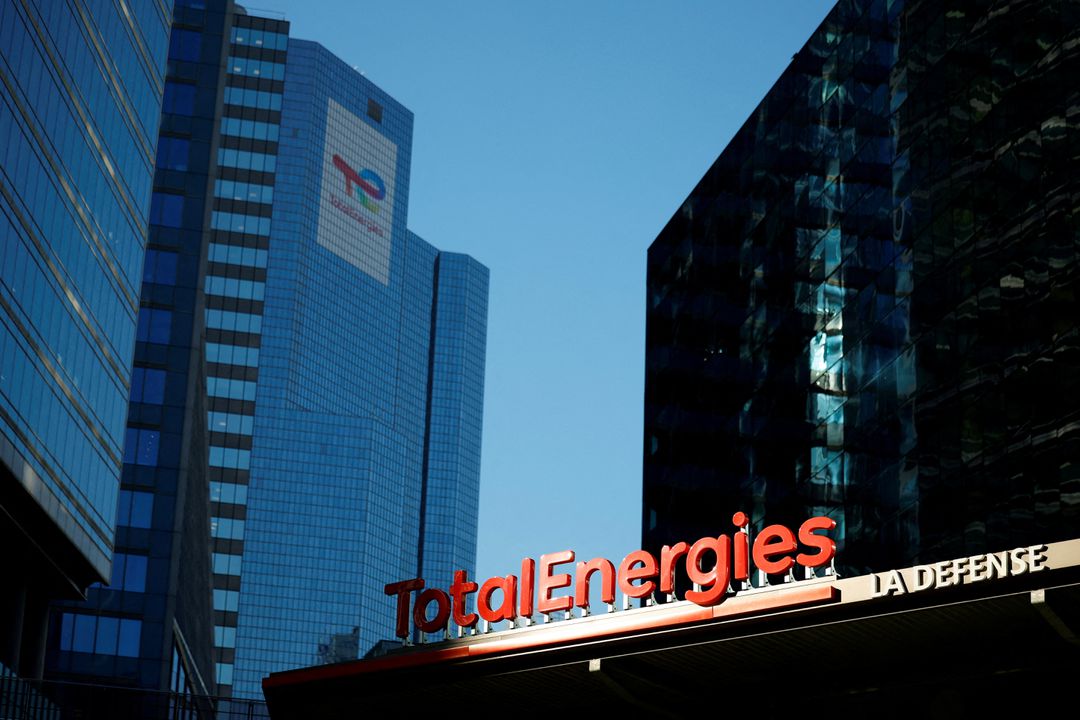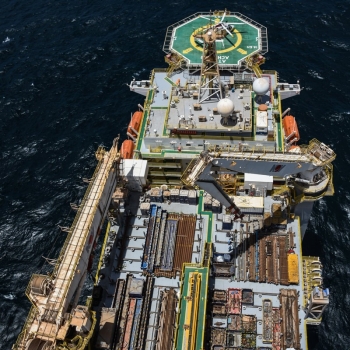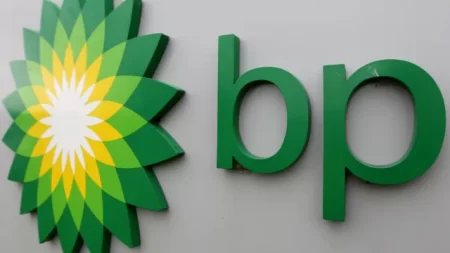
Paris — A French court on Tuesday could order oil major TotalEnergies (TTEF.PA) to halt the development of an east Africa pipeline in a landmark case based on legislation that makes big companies liable for risks to the environment and human rights.
The Paris civil court will rule on a lawsuit filed by Friends of the Earth France and five other French and Ugandan activist groups accusing TotalEnergies of expropriating land from more than 100,000 people without sufficient compensation and drilling on a natural park with endangered species.
TotalEnergies has argued that its vigilance, compensation and relocalisation plans are fair and legal, and that a French court does not have the power to control the overseas activities of its subsidiary TotalEnergies EP Uganda.
At stake is the $3.5 billion East African Crude Oil Pipeline under development in Uganda and Tanzania, in which TotalEnergies has a 62% stake, and the company’s Tilenga oil project meant to feed crude into the 1,443-kilometer (897 miles) line.
The ruling on Tuesday will be the first in a case making use of a 2017 French law requiring large companies to identify risks to people and the environment in their global operations and supply chains, and detailing strategies to prevent them.
The non-governmental organisations behind the suit seek an emergency suspension of TotalEnergies’ east Africa projects until financial compensation has been paid to those they say have been harmed as a result of those plans.
The campaigners also want the company to re-write its so-called vigilance plan to account for specific environmental risks to water, endangered species and climate linked to its operations in Uganda and Tanzania.
In a statement to Reuters on Monday, TotalEnergies said its vigilance plan had been implemented effectively in the projects under scrutiny.
It said that it “does indeed identify the risks flagged by the NGOs … including risks to human rights and local communities, access to land, the right to health and a sufficient standard of living, as well as security risks to people and the environment.”
The case is expected to have wider ramifications.
Other French multinationals, including nuclear giant EDF (EDF.PA), water supplier Suez, bank BNP Paribas (BNPP.PA) and agri-food firm Danone (DANO.PA) have been sued under the 2017 “duty of vigilance” law.
Those cases centre on claims as diverse as plastics pollution, working conditions in France and overseas, loans to companies contributing to deforestation, and land clashes with indigenous populations on construction of new projects.
“What we’re actually seeing is an emergence of an entirely new field of litigation,” said Carroll Muffett, head of the Center for International Environmental Law in Washington, D.C.
“What binds these cases is that there are an array of legal duties that are coming into play … as the universe of potential plaintiffs harmed by corporate conduct is becoming ever broader,” he said.
*America Hernandez, Editing: Silvia Aloisi & Aurora Ellis – Reuters
Follow us on twitter



